All you need to know about writers’ conferences
February 18, 2010, No comments
What exactly goes on at a writers’ conference? If you’ve never been to one, it can seem rather daunting: will everyone be a successful wordsmith? Will you have to read out loud? Will it be too serious? Will there be a chance to meet an agent? So many questions, so here are some answers.
Three reasons for you to go:
- Meeting other writers. Writing can be a solitary business – just you and your keyboard. Every now and then you need to venture out into the outside world and interact with real people, not just the ones on the page. And where better to do that than in a group of like-minded souls.
- Getting creative. Workshops and discussions are there to get your creative juices flowing. Maybe sign up for one not directly linked to your field. You never know when, or where, inspiration will strike. That one line you write in a workshop might just end up being the start of something extraordinary.
- Gaining perspective. There’s nothing better than realising that other writers have exactly the same problems as you: that blinking cursor, the lack of time, the frustrations of finding an agent, the sporadic insomnia. Knowing that you are not alone does wonders for your morale.
So now you’ve decided to go, what will it be like once you’re there? Most conferences revolve around the creative workshops, where you get together in small groups for a couple of hours with an instructor. He or she might be a writer, a poet, a creative writing teacher, or a blogger; they are the reason you pay the conference fee (as food and lodging are often extras). Workshops take every form imaginable, from intuitive to interactive, but most of all they are about writing, so bring your pen and paper! And your ideas, so that you can write a paragraph on a childhood memory, or piece of dialogue between two elderly neighbours, or even just a sentence containing an active verb. You are rarely forced to read out what you’ve written, but you usually can if you want to – the workshops are there to support and encourage you, not to make you feel inadequate or untalented.
Three things a good conference offers:
- Choice. Having a good variety of workshops is vital to you feeling that it’s all worthwhile (and getting value for money). There should be more than just fiction, with poetry and different fields of non-fiction, maybe something about blogging, or critiquing classes, and Q&A sessions. Something for everyone, and something special as well.
- Organisation. There’s nothing worse than running from class to class like a headless chicken, feeling that you will only get a chance to meet people in the break after Double Maths. Workshops need to be spaced out, broken up by coffee breaks and socialising possibilities, and timetables need to be achievable.
- People. Any conference is only as good as its instructors. A carefully-chosen group, who inspire as much as they instruct, will have you leaving the conference full of ideas, hope and happiness. Add to that the chance for anyone to meet an agent or publisher, and it should be smiles all round.
The conference might have over 200 participants, but it is there for you as much as anyone else, whether you’ve never done anything more than jot a few musings down, or whether you are a published author already. But what you get out of it depends on why you are going and what you hope to achieve. It could be your chance to chat to an agent, or try playing around with writing from different viewpoints, or having your masterpiece-in-waiting professionally critiqued, or even just to have time away from your life with nothing else in mind but writing. It all depends on you. Some people may take it far too seriously, and some are merely there to network. It can be intense and tiring, but in a good way. A draining yet uplifting experience that might just change the way you view your writing.
Three things for you to remember:
- Manage your expectations. It’s not impossible but it’s unlikely that you’ll pen the first line of the next Pulitzer Prize winner, meet the agent of your dreams or sign a six-figure contract. Don’t set your goals so high that you set yourself up for disappointment.
- Get involved. You don’t have to hog the limelight or even speak in any workshop, but you’re there to write, aren’t you? So write. Do the group exercises, stretch your creative cells a little, leave your comfort zone. Just write. And read as well, if you want.
- Don’t be shy. If there’s an open-mike session, then make the most of it and read something out. It may feel worse than a visit to the dentist, but that three minutes might just get you noticed. And it’s always good to hear people applaud your work. But also take the chance to talk to people, make friends and make contacts.
Perhaps the most important thing to remember is to enjoy yourself! Relax, have fun, broaden your writing horizons and your circle of friends. And go home enthused and inspired. It worked for me.

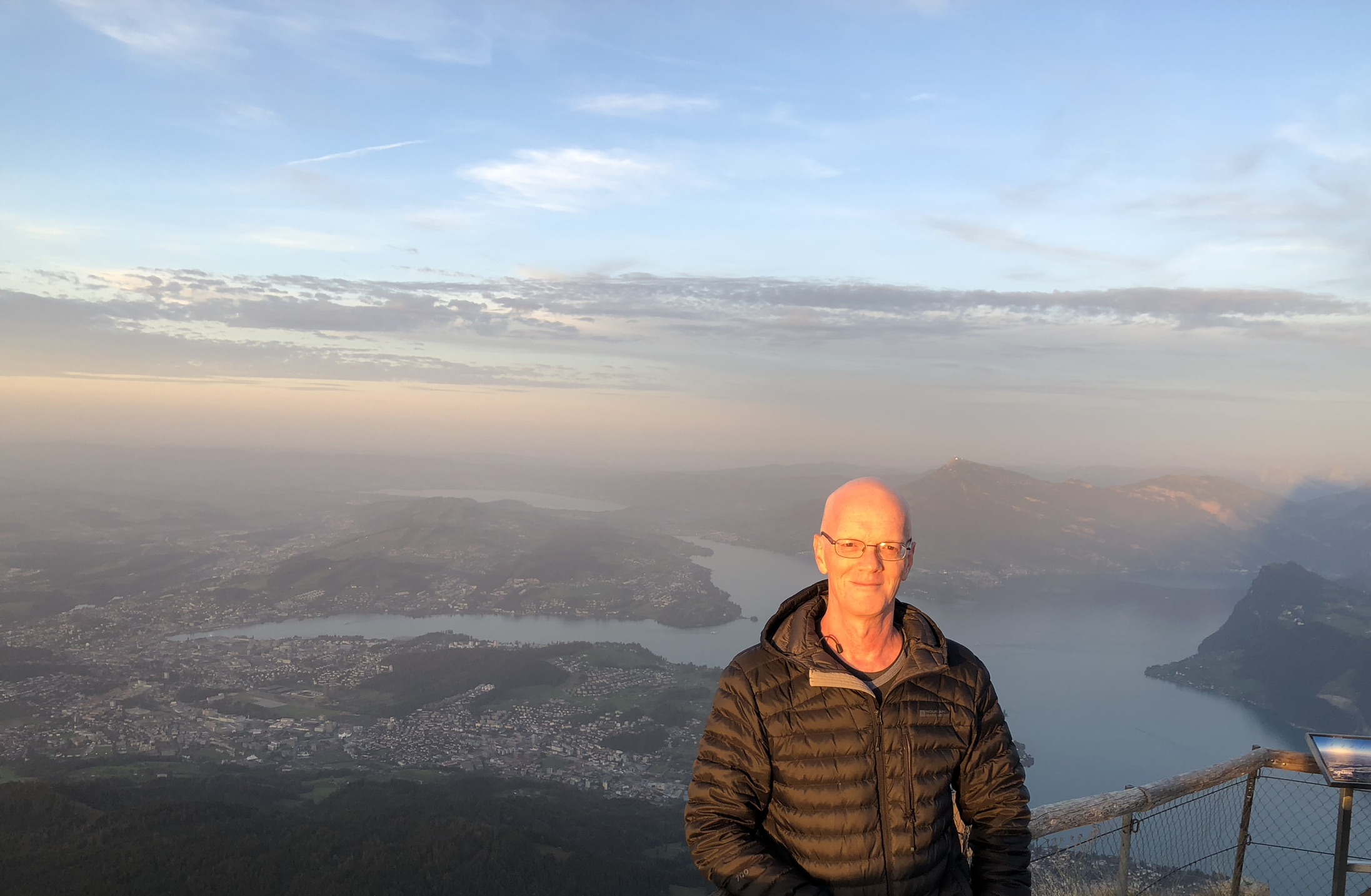

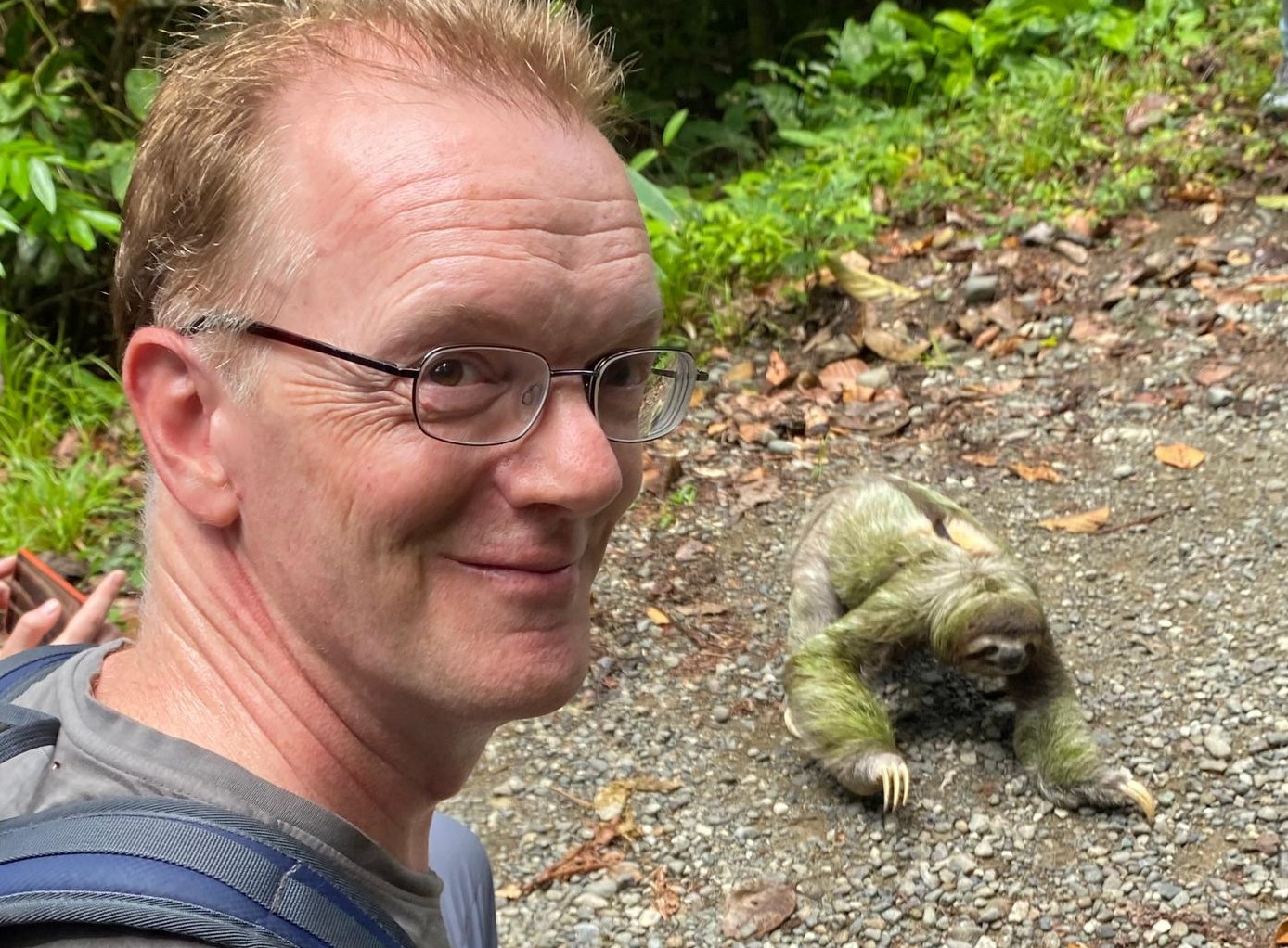

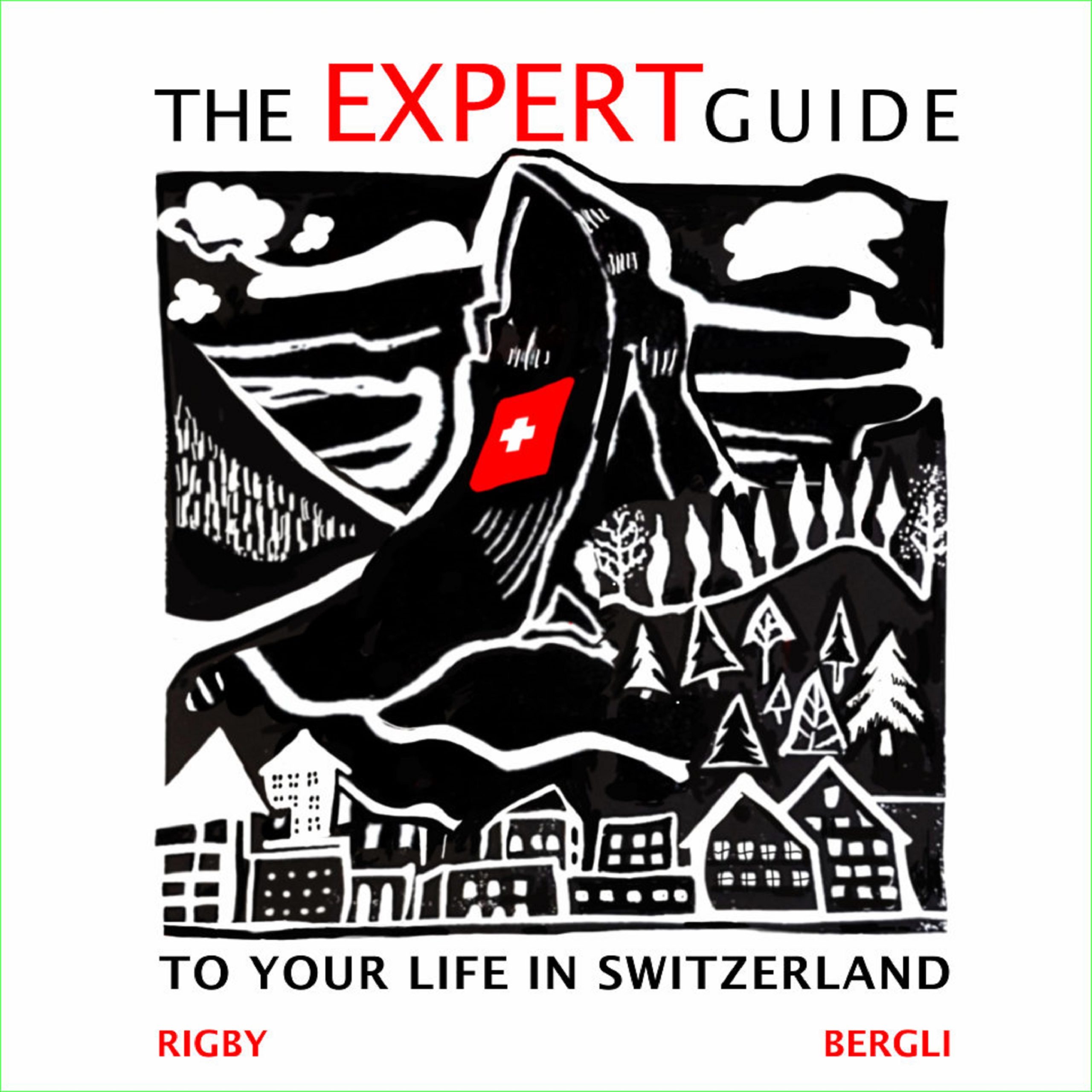
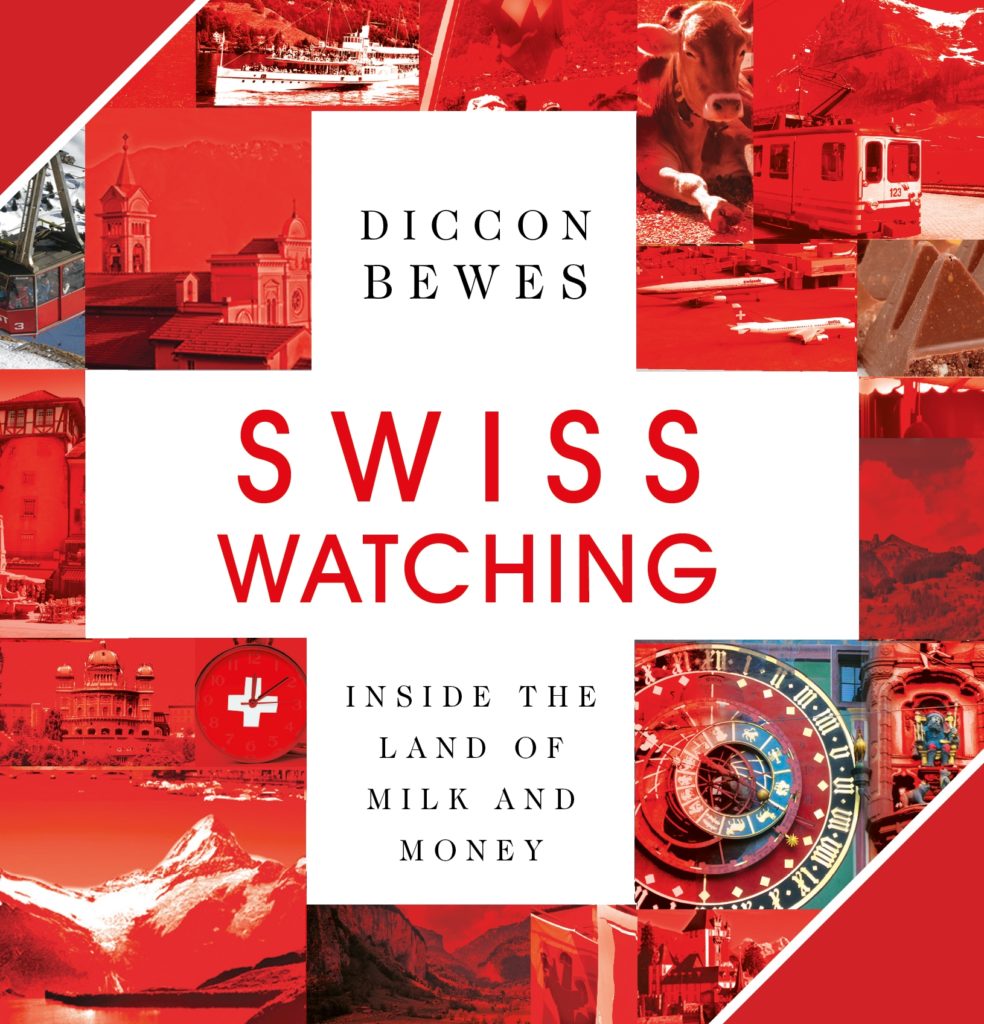

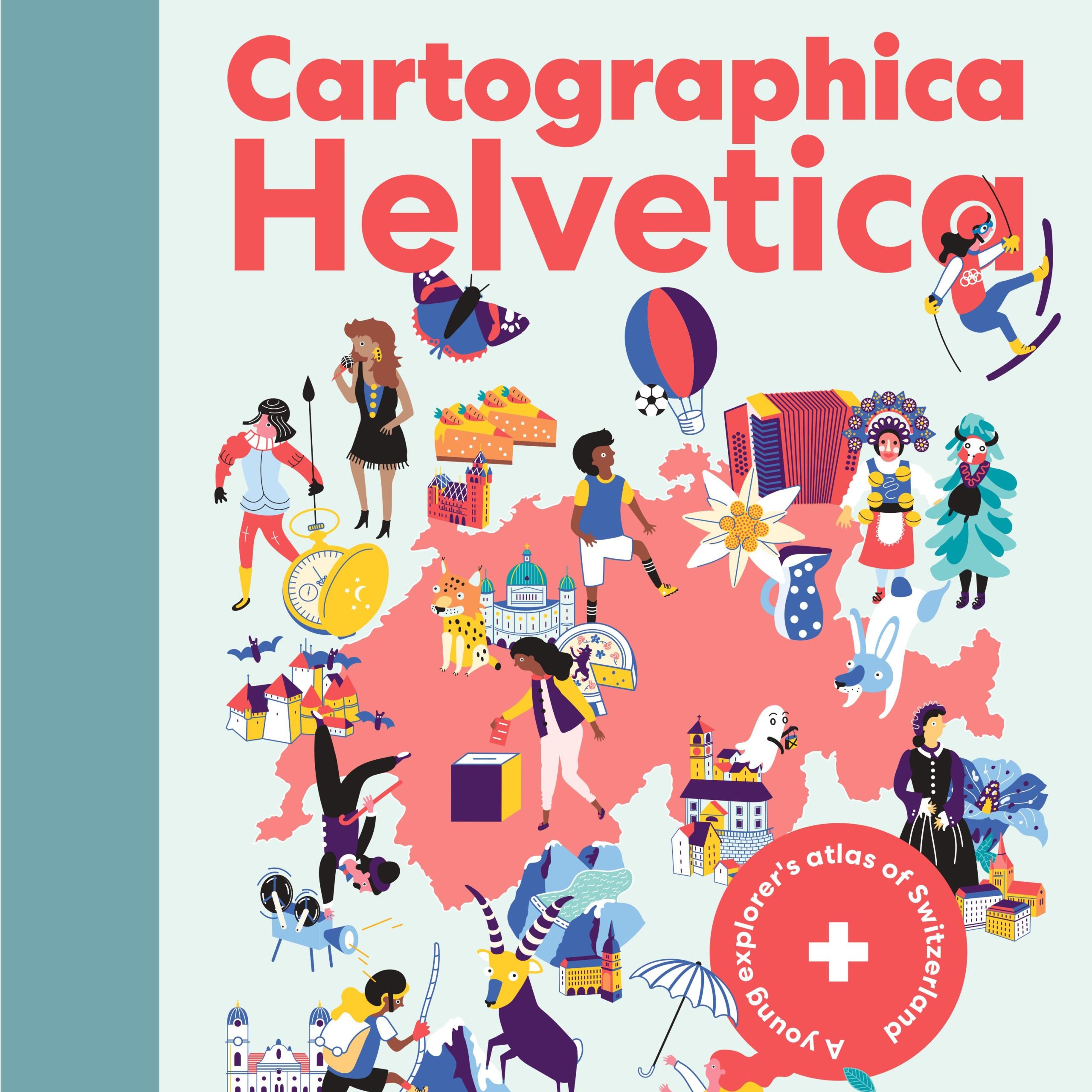
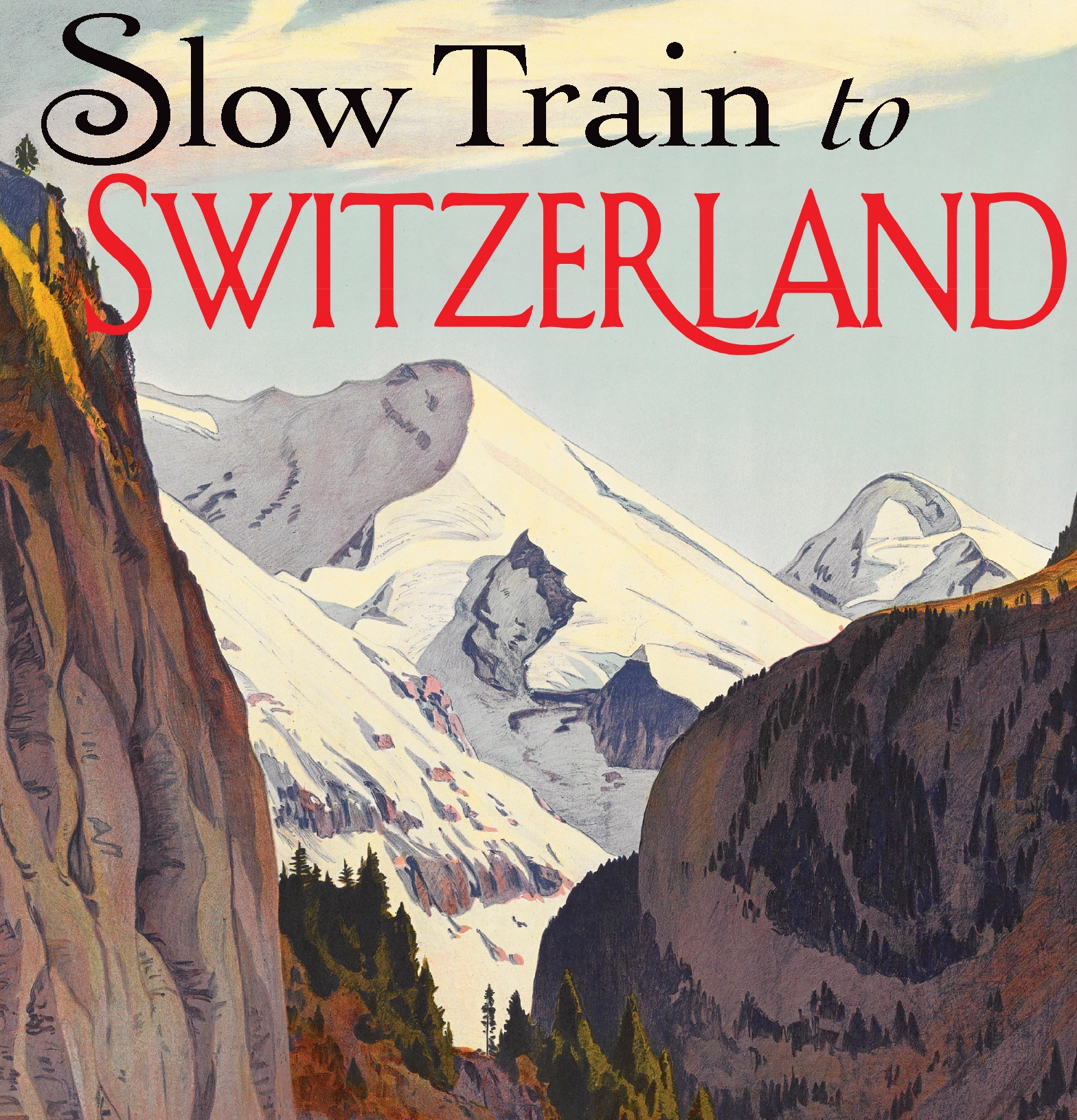

 Follow on Facebook
Follow on Facebook Follow on Twitter
Follow on Twitter Subscribe by RSS
Subscribe by RSS Contact me directly
Contact me directly Global Solutions Inc.
Global Solutions Inc.